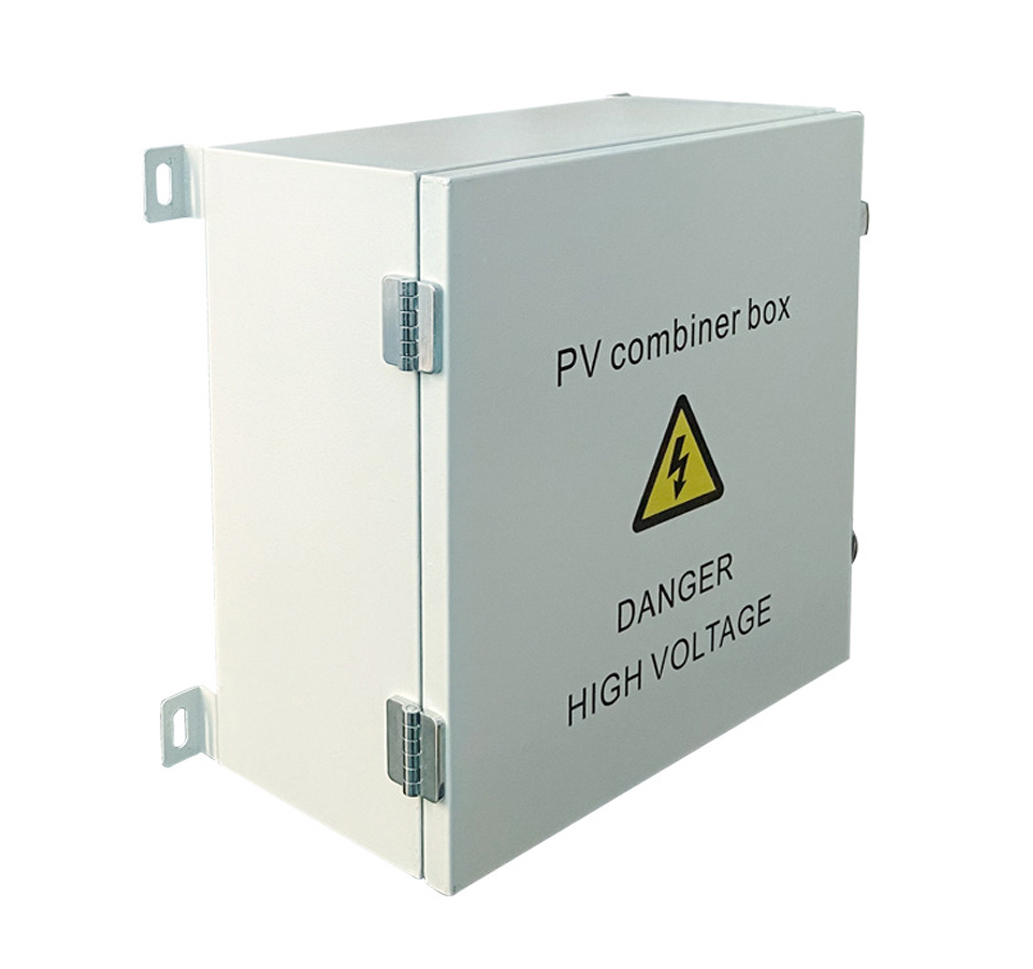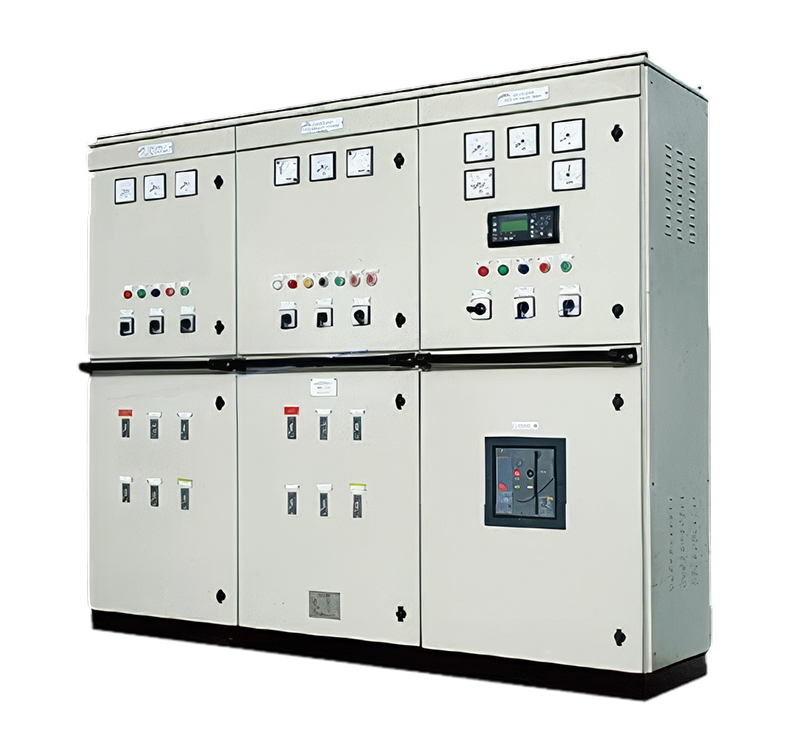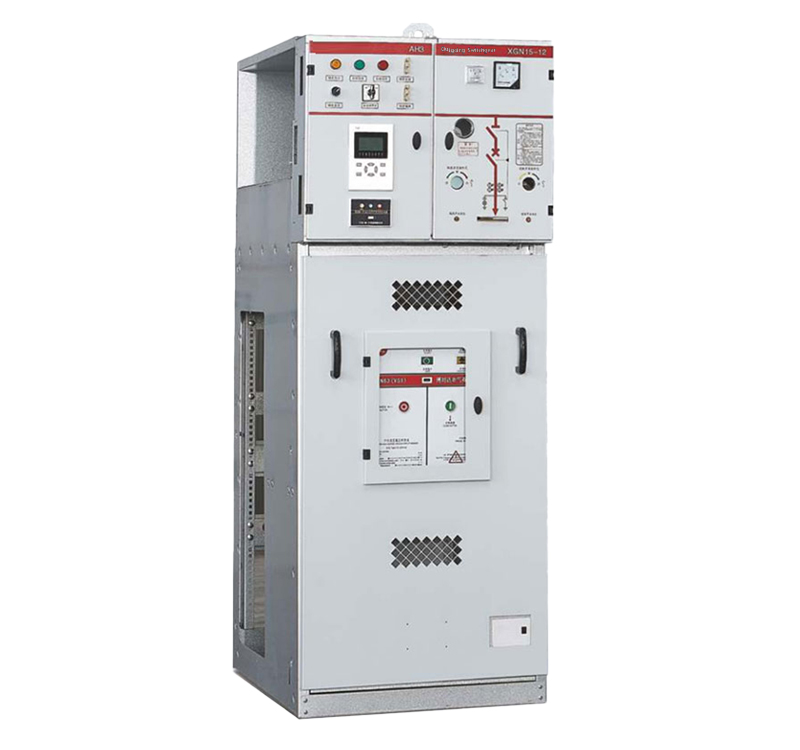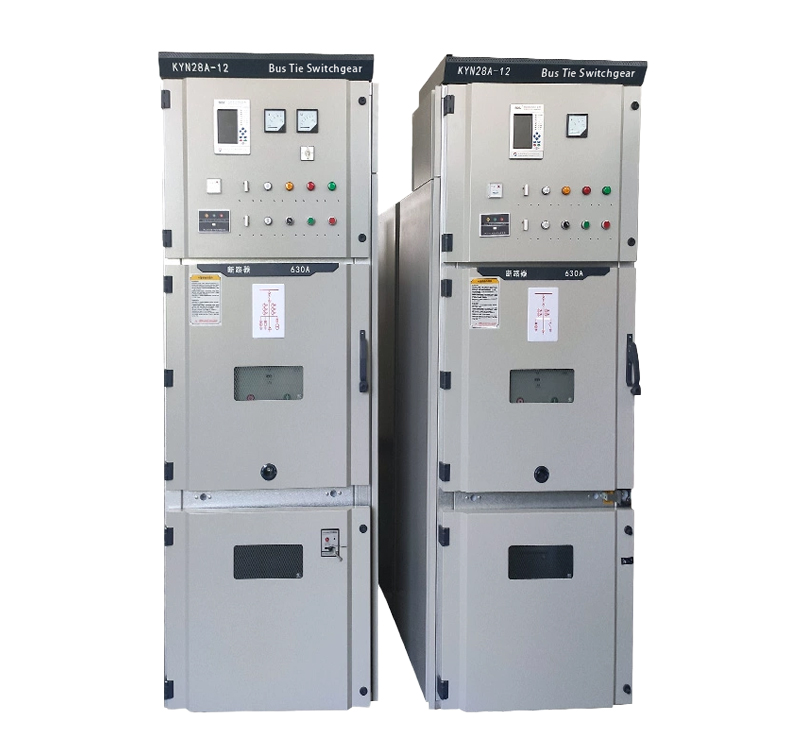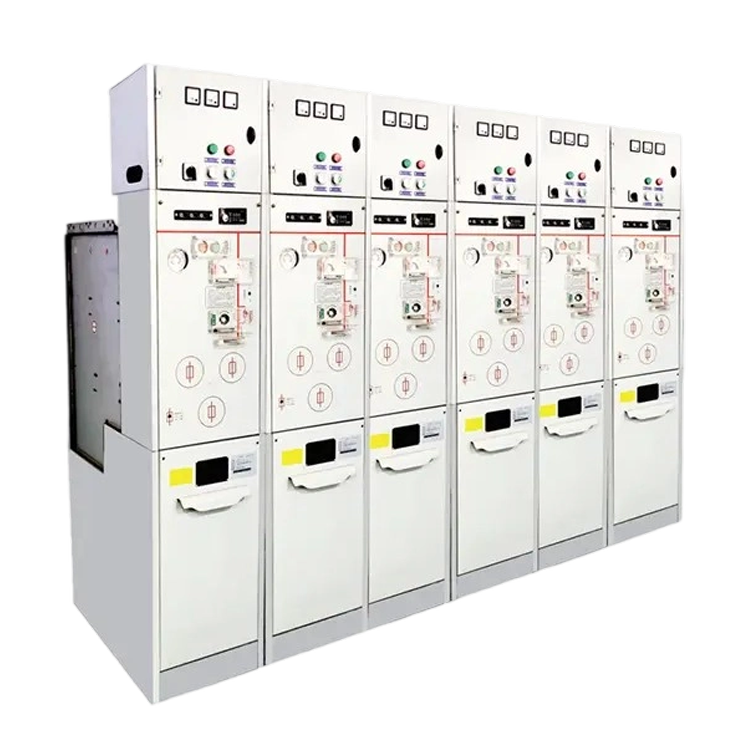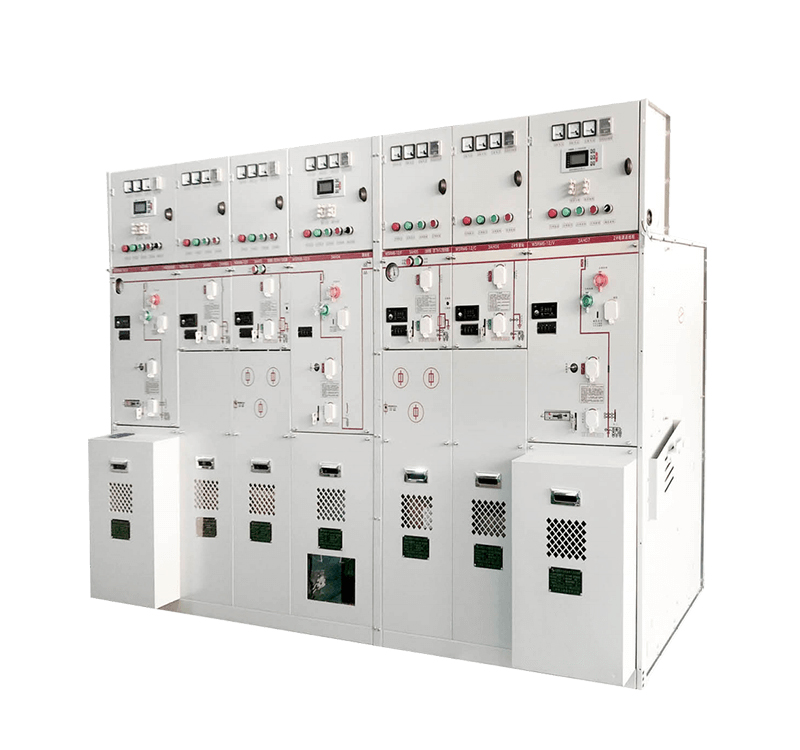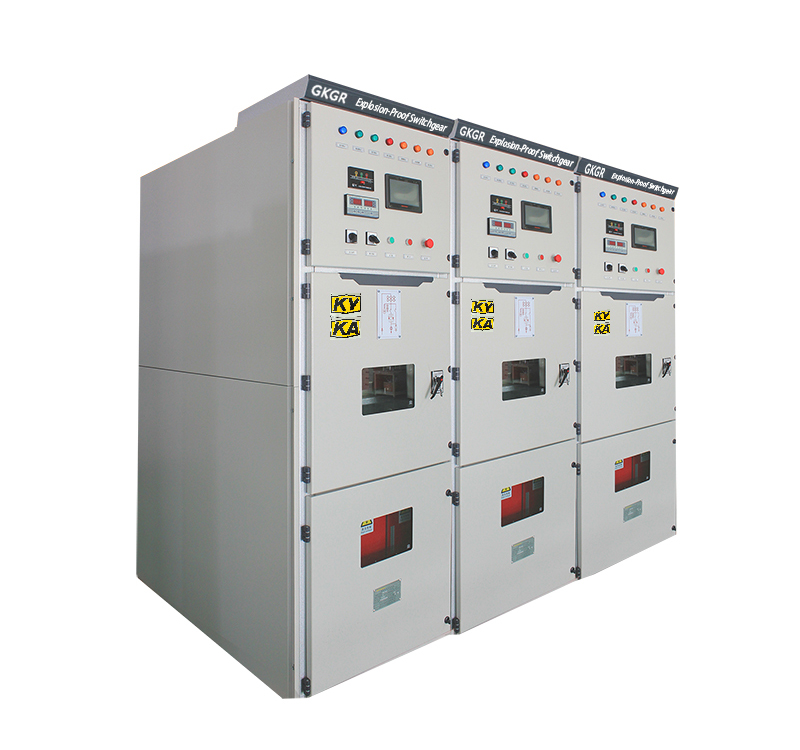
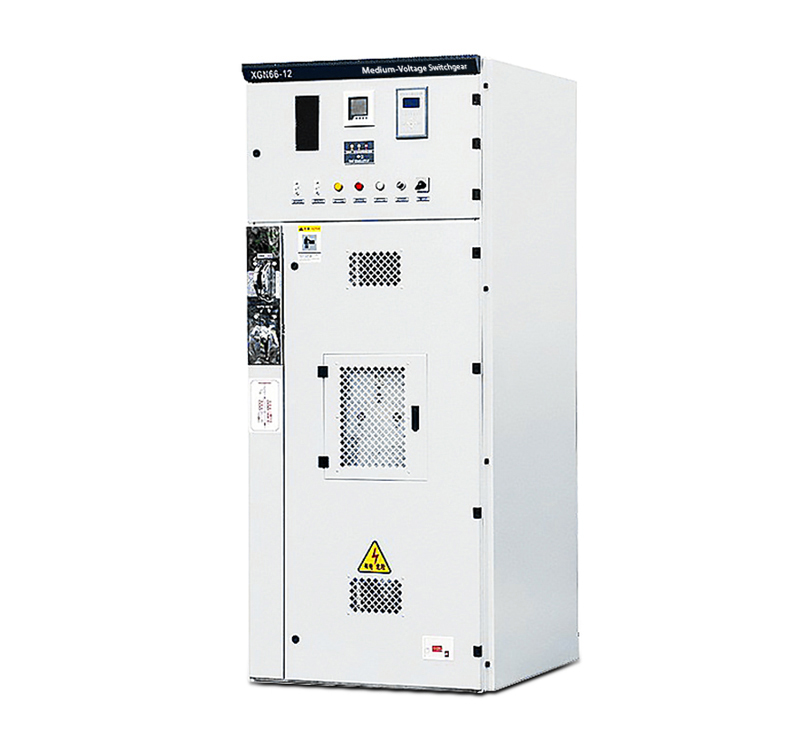

Application Scope:The PV DC combiner box is primarily used in photovoltaic (PV) power generation systems to combine, protect, and monitor multiple DC inputs from PV strings before delivering the consolidated output to inverters or DC distribution cabinets. It is suitable for centralized and string PV power plants, as well as commercial, industrial, and residential rooftop PV systems, ensuring safe and stable operation.
Number of Inputs: Determined by PV string configuration (e.g., 6-in, 8-in, 12-in, 16-in).
Rated Voltage/Current: Must match the PV module’s maximum open-circuit voltage (e.g., 1000V, 1500V) and input current per string (e.g., 10A, 15A, 20A).
Ingress Protection (IP) Rating: Minimum IP65 for outdoor installation (dustproof and waterproof).
Protection Features: Essential components include fuses or DC circuit breakers, reverse-blocking diodes, and surge protection devices (SPDs).
Monitoring Capability: Optional voltage/current monitoring with communication interfaces (RS485, Wi-Fi, etc.).
Product Description
The PV DC combiner box is a critical component in PV systems, comprising the following elements:
Enclosure: Constructed from aluminum alloy or stainless steel with anti-corrosion coating, rated IP65/IP66 for long-term outdoor use.
Input Terminals: Each string input features positive/negative terminals, compatible with PV cables (some models include MC4 connectors).
Fuses/Circuit Breakers: Each input is protected by a dedicated DC fuse (e.g., gPV type) or circuit breaker for overcurrent protection.
Reverse-Blocking Diodes: Prevent reverse current flow, minimizing hotspot risks.
Surge Protection Device (SPD): Lightning and overvoltage suppression.
Monitoring Module (Optional): Integrated Hall-effect sensors for current/voltage measurement, with local display or remote communication (RS485, 4G).
Main Output Switch: DC circuit breaker for combined output control.
Example Models:
8-in-1-out: 8 inputs (15A per string), max. 1000V, single output to inverter.
Smart Version: Equipped with data logging and remote monitoring.
2. Product Functions (Detailed)
Current Combining: Parallel connection of multiple PV strings to reduce inverter connection points and simplify wiring.
Overcurrent Protection: Fuses/circuit breakers isolate faulty strings during short circuits or overloads.
Reverse Polarity Protection: Diodes block reverse current flow during nighttime or system faults.
Surge Protection: SPDs absorb lightning-induced surges to safeguard downstream equipment.
Real-Time Monitoring (Smart Models):
Measures per-string current, voltage, and power to detect issues (e.g., shading, open circuits).
Transmits data via communication protocols for remote diagnostics.
Insulation Monitoring (High-End Models): Detects DC-side insulation resistance to prevent leakage risks.
Voltage Isolation: Complies with IEC/UL standards for creepage and clearance distances to prevent arcing.
Key Features
High Reliability: Industrial-grade components (e.g., Schneider circuit breakers, Phoenix Contact SPDs), service life ≥20 years.
Modular Design: Quick replacement of fuses and SPDs for easy maintenance.
Smart O&M: IoT-enabled communication for integration with SCADA systems, enabling fault alerts and performance analytics.
Certifications: Complies with TUV, CE, and CQC standards; meets IEC 60947 and UL 508 requirements.
Environmental Resilience: Wide operating temperature range, suitable for deserts, coastal areas, and extreme cold climates.
Energy-Efficient Design: Low-resistance conductive materials (e.g., tin-plated copper busbars) minimize power loss.
Advantages:
Reduces system downtime and enhances energy yield.
Streamlines installation, saving labor and cabling costs.
Smart models enable digitalized PV plant management.
